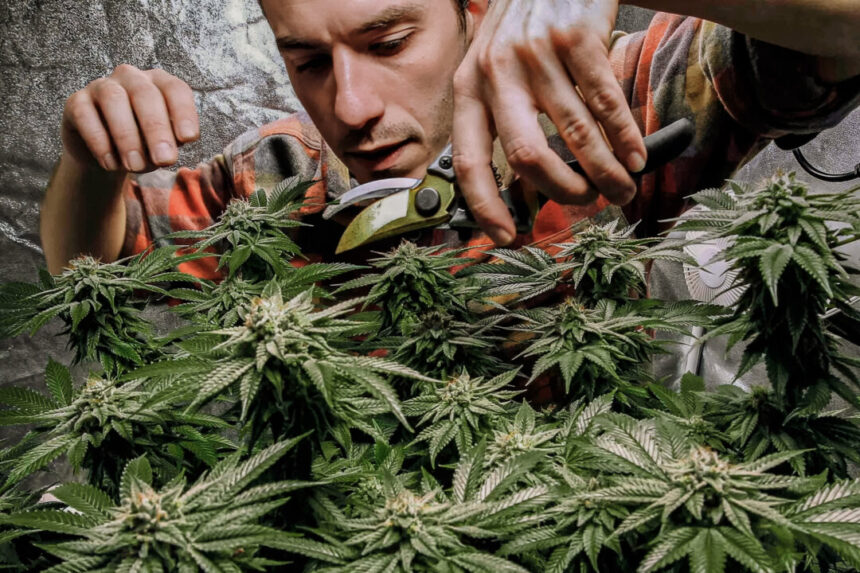
Discover the latest research on the biological and mental health effects of frequent high-potency cannabis use.
A recent study has shown that regular use of high-potency cannabis can result in measurable changes to human DNA, raising concerns about the mental health implications of the increasingly available and more potent marijuana products.
Adverse Psychological Effects Already Linked to Cannabis
A considerable number of Americans, approximately 129 million people, have reported using marijuana at some point in their lives. As more states legalize cannabis, this number is expected to increase.
New Insights on High-Potency Cannabis and DNA
In a recent study published in Molecular Psychiatry, Di Forti and her team found that high-potency cannabis can leave a unique mark on human DNA, demonstrating measurable biological effects on human biology for the first time.
The research focused on DNA methylation, a chemical process that alters gene expression without changing the DNA sequence, using blood samples from 682 participants, including 188 current cannabis users and 494 individuals with no history of use.
The results show that frequent users of high-potency cannabis displayed alterations in the CAVIN1 gene, linked to mitochondrial and immune function, potentially affecting energy metabolism and immune responses.
It is important to note that while THC is a class of cannabinoids in cannabis, delta-9-THC is the most prevalent form known for its potent psychoactive effects.
The study also suggests that the effects of cannabis on DNA vary between individuals experiencing their first psychotic episode and those without such experiences, indicating the potential for DNA blood tests to identify cannabis users at risk for psychosis.
Co-Occurring Mental Health Issues and Cannabis Use
Mental health problems and substance use disorders often coexist. Substance use can trigger mental health symptoms, and mental health conditions can lead to substance use as a form of self-medication, according to the Substance Abuse and Mental Health Services Administration.
Over a quarter of adults with serious mental health conditions also struggle with substance use, particularly those with depression, anxiety disorders, schizophrenia, or personality disorders.
The Epoch Times interviewed Dr. Matthew Sherman, chief of adult outpatient psychiatry and behavioral health at Stony Brook Medicine, regarding the relationship between cannabis use and mental health disorders. Dr. Sherman highlighted the prevalence of co-occurring cannabis use with mental health disorders and its negative impact on treatment outcomes.
Dr. Sherman emphasized the influence of psychoactive substances like cannabis on treatment outcomes, especially regarding interactions with psychotropic medications and the effects of cannabis intoxication or withdrawal on patients’ mental health.
Ethical Considerations of DNA Testing for Psychosis Risk
There are ethical considerations when using DNA to identify psychosis risks. Sanam Hafeez, a neuropsychologist and director of Comprehend the Mind in New York City, raised concerns about potential misuse of DNA data and legal implications related to genetic modification.
Dr. Sherman expressed optimism about the potential of DNA testing to benefit patients and identify those at higher risk for developing psychosis due to cannabis use.
He highlighted the lack of methods outside of clinical evaluation and risk factors to determine patients’ risk for psychosis, making DNA testing a potentially valuable tool in assessing mental health risks.
Can you please rewrite this sentence?
Source link






